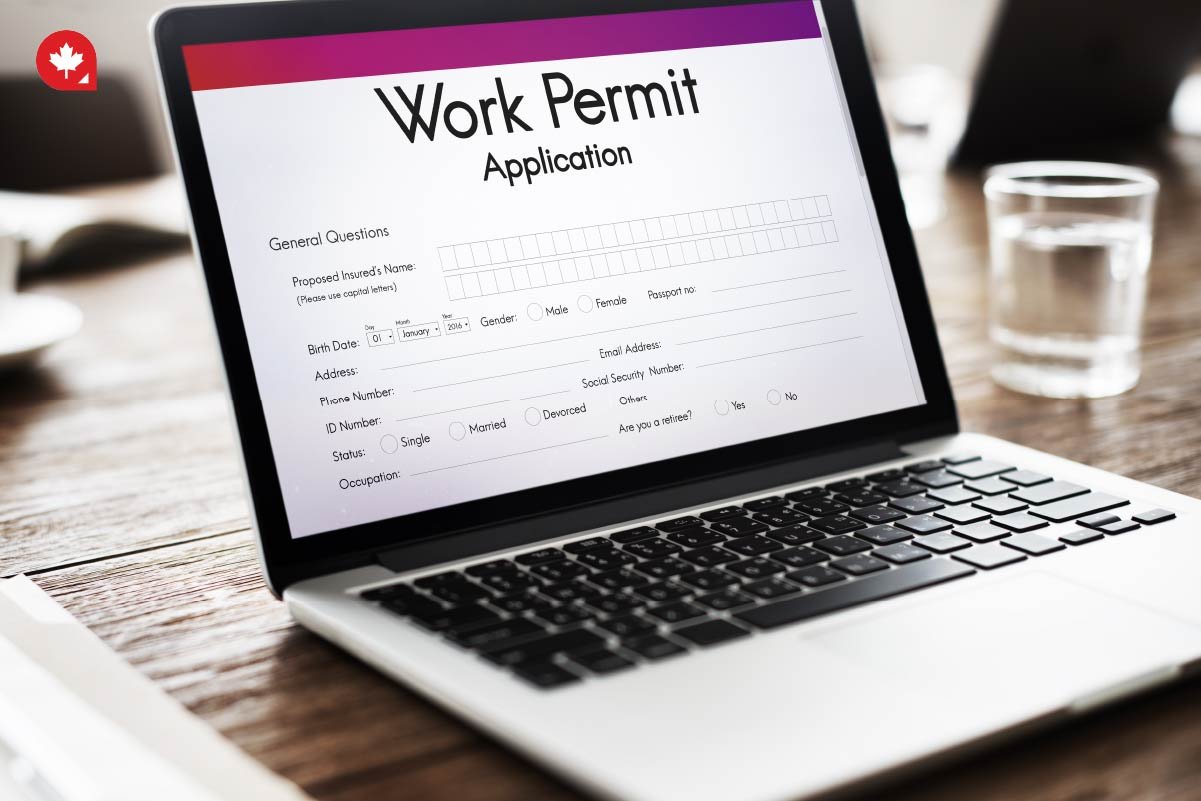Canada's education system can lead international students to the opportunity to gain valuable work experience while pursuing their studies once they graduate. This coveted Post-Graduation Work Permit (PGWP) allows you to contribute to the Canadian workforce and potentially transition to Canadian permanent residency. However, handling breaks in your academic schedule can be tricky, potentially jeopardizing your work permit eligibility and impacting your PGWP aspirations.
This blog explores the key considerations for maintaining your work permit eligibility during study breaks in Canada. We'll go through the different types of breaks, work hour limitations, and alternative strategies to keep your work authorization intact, ultimately paving the path for a successful PGWP application.
The Post-Graduation Work Permit (PGWP) Advantage

For international students in Canada, the PGWP opens doors to valuable post-graduation work experience. This program allows you, as a Designated Learning Institution (DLI) graduate, to apply for an open work permit, granting you the flexibility to work for any employer in Canada.
The length of the PGWP directly correlates to the duration of your study program, with a maximum validity period of three years. This practical experience boosts your resume and makes you a more attractive candidate for future employers in Canada, potentially leading to permanent residency opportunities in Canada.
Understanding Full-Time Status and Scheduled Breaks
Maintaining full-time student status is important for keeping your work permit eligibility throughout your studies in Canada. There's good news, though! Scheduled breaks, like summer vacations or semester breaks, typically don't throw a wrench into your PGWP eligibility.
Why Scheduled Breaks Are Your Friend
Don't underestimate the power of a break! As an international student in Canada juggling studies and work aspirations, scheduled breaks can actually be your secret weapon. Here's why:
- Designated Periods of Rest: These breaks are built into the academic calendar and serve as designated rest periods for students.
- Work Flexibility: During these breaks, you can continue working off-campus to gain valuable experience and potentially earn some income. Remember, the standard 20-hour per week limit for off-campus work for international students still applies.
Maximizing Your Scheduled Breaks
If you are an international student in Canada, scheduled breaks in your academic journey offer valuable opportunities beyond simply recharging your batteries. By strategically utilizing these breaks, you can gain a head start on your future career and position yourself for success after graduation. Here are two key strategies to maximize your scheduled breaks:
- Network with Potential Employers: Use these breaks to connect with companies in your field. Attending industry events or informational interviews can help you build connections and potentially land you a job offer after you graduate.
- Develop Professional Skills: Consider taking relevant workshops or online courses to enhance your skill set and make yourself a more attractive candidate to future employers.
By strategically utilizing scheduled breaks, you can gain valuable experience while maintaining your PGWP eligibility, setting yourself up for success after graduation.
The Challenge of Unscheduled Breaks
The situation gets trickier when it comes to unscheduled breaks. These could involve taking a leave of absence due to illness, needing to change to part-time studies for financial reasons, or any interruption in your full-time studies outside of designated breaks. Unscheduled breaks can potentially jeopardize your PGWP eligibility, especially if they exceed a specific timeframe.
Immigration, Refugees and Citizenship Canada (IRCC) generally considers breaks exceeding 149 days to be a significant interruption in studies. This could potentially affect your PGWP eligibility.
Authorized Breaks in Your Canadian Studies: Keeping Your PGWP on Track

While maintaining full-time student status is key for a valid work permit, there are situations where you might need to take a temporary break. Here's what you need to know about authorized breaks and their impact on your PGWP eligibility.
The 150-Day Rule
You can take a leave of absence for up to 149 days (almost five months) from your program without jeopardizing your status as an active student. This means your PGWP eligibility remains intact.
Your DLI has the final say on approving leaves of absence. They'll assess your situation and determine if it qualifies as an authorized break.
What Qualifies as an Authorized Break?
Here are some common reasons for taking an authorized leave that won't affect your PGWP:
- Medical Reasons or Pregnancy: Dealing with a personal health concern or expecting a child? Authorized leaves can provide the necessary time to focus on your well-being.
- Family Emergencies: Urgent family situations might necessitate a temporary break from studies. Documentation is crucial in such cases.
- Death or Serious Illness of a Family Member: Supportive leave is available during difficult times related to immediate family members.
- Other DLI-Approved Reasons: Your DLI might grant leaves for other valid reasons. Always communicate openly with your advisor to explore your options.
- School Closures or Strikes: If your DLI experiences unforeseen closures or labor disputes, these breaks are considered authorized.
- School Transfers or Deferred Start Dates: Changing institutions or postponing your program start requires DLI approval. However, ensure you begin your studies in the next available term to maintain PGWP eligibility.
Remember: Communication is key. Keep your DLI informed about any potential leave situations. By understanding authorized breaks and maintaining good communication, you can navigate temporary pauses in your studies while keeping your PGWP aspirations on track.
The Proof You Need to Meet Your Permit Conditions

While you're not obligated to inform IRCC about taking an authorized leave, there might be situations where they request proof you're adhering to your Canadian study permit conditions.
Verification Checks
IRCC may conduct random checks to ensure international students comply with their study permits. Additionally, they might investigate if they suspect a student isn't meeting the requirements.
Documents You Might Be Required to Provide
You may be asked to provide the following:
- School-Issued Documentation: Be prepared to present official documents from your DLI, such as confirmation of enrollment status, reasons and start dates for any leaves taken, or withdrawal/dismissal dates (if applicable).
- Academic Records: Official transcripts showcasing your academic progress will likely be requested.
- Verification of Circumstances: If you took an authorized leave for medical reasons, a medical professional's documentation might be required. Similarly, proof of school closure or program discontinuation could be necessary.
- Character References: In some cases, IRCC might request references from individuals familiar with your academic pursuits.
- Additional Documentation: IRCC officers have the discretion to request any document they deem relevant to your Canadian study permit compliance.
Maintaining Transparency is Key
Open communication with your DLI and comprehensive records of your academic journey is crucial. By being prepared to demonstrate compliance with your study permit conditions, you can ensure a smooth path toward your PGWP.
FAQs
What Happens if My PGWP Application is Denied Due to a Study Break?
If your PGWP application is denied, you can appeal the decision. However, having a strong case with supporting documentation significantly increases your chances of a successful appeal.
My Classes Were Suspended or Moved Online During the COVID-19 Pandemic. Does this Impact my PGWP Eligibility?
No, not necessarily. IRCC implemented temporary measures to acknowledge the disruption caused by COVID-19. As long as you remained enrolled at your DLI and participated in online studies if offered, your PGWP eligibility should be unaffected.




